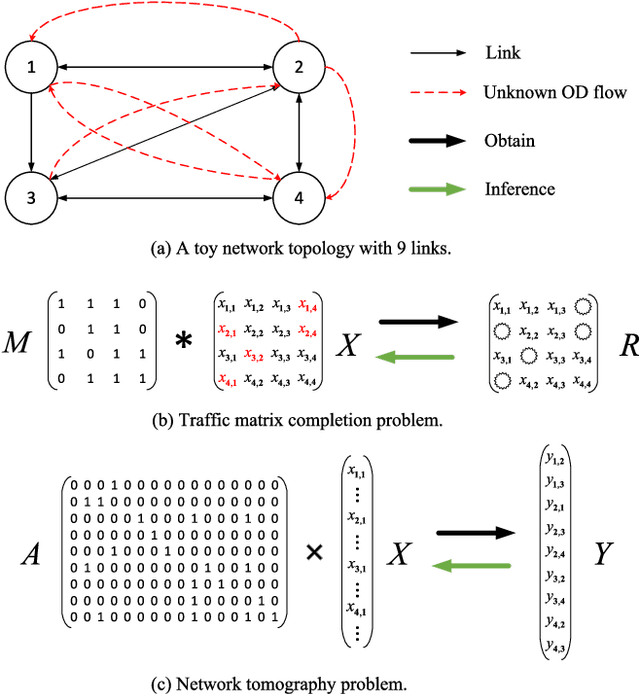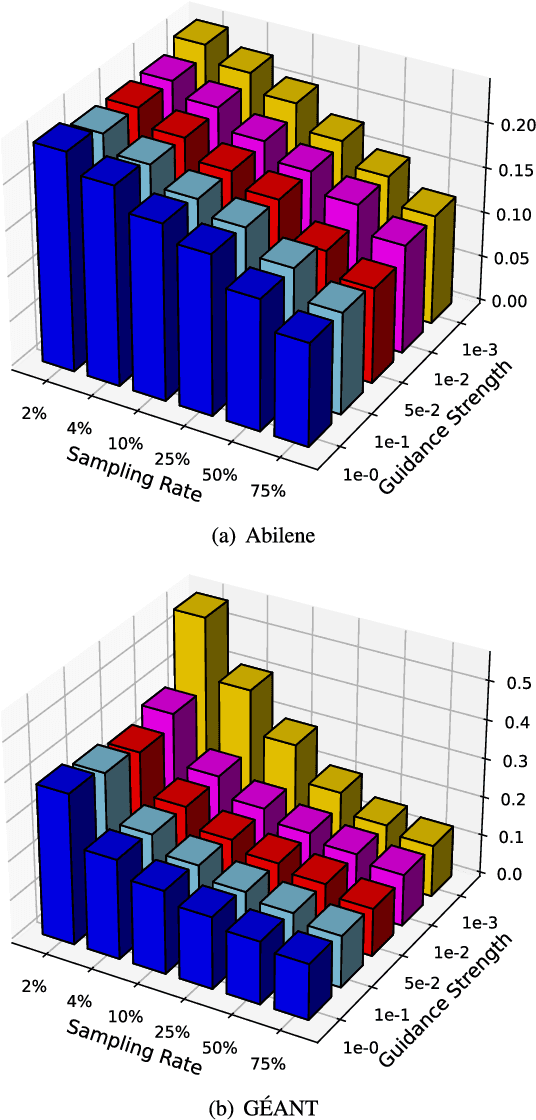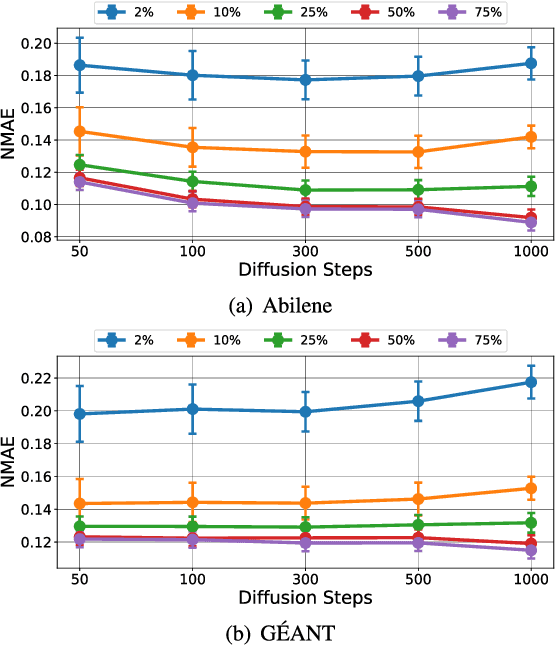Zhenchun Wei
An Empirical Study of Methods for Small Object Detection from Satellite Imagery
Feb 05, 2025



Abstract:This paper reviews object detection methods for finding small objects from remote sensing imagery and provides an empirical evaluation of four state-of-the-art methods to gain insights into method performance and technical challenges. In particular, we use car detection from urban satellite images and bee box detection from satellite images of agricultural lands as application scenarios. Drawing from the existing surveys and literature, we identify several top-performing methods for the empirical study. Public, high-resolution satellite image datasets are used in our experiments.
Learning-based Sketches for Frequency Estimation in Data Streams without Ground Truth
Dec 04, 2024Abstract:Estimating the frequency of items on the high-volume, fast data stream has been extensively studied in many areas, such as database and network measurement. Traditional sketch algorithms only allow to give very rough estimates with limited memory cost, whereas some learning-augmented algorithms have been proposed recently, their offline framework requires actual frequencies that are challenging to access in general for training, and speed is too slow for real-time processing, despite the still coarse-grained accuracy. To this end, we propose a more practical learning-based estimation framework namely UCL-sketch, by following the line of equation-based sketch to estimate per-key frequencies. In a nutshell, there are two key techniques: online training via equivalent learning without ground truth, and highly scalable architecture with logical estimation buckets. We implemented experiments on both real-world and synthetic datasets. The results demonstrate that our method greatly outperforms existing state-of-the-art sketches regarding per-key accuracy and distribution, while preserving resource efficiency. Our code is attached in the supplementary material, and will be made publicly available at https://github.com/Y-debug-sys/UCL-sketch.
Diffusion Models Meet Network Management: Improving Traffic Matrix Analysis with Diffusion-based Approach
Nov 29, 2024



Abstract:Due to network operation and maintenance relying heavily on network traffic monitoring, traffic matrix analysis has been one of the most crucial issues for network management related tasks. However, it is challenging to reliably obtain the precise measurement in computer networks because of the high measurement cost, and the unavoidable transmission loss. Although some methods proposed in recent years allowed estimating network traffic from partial flow-level or link-level measurements, they often perform poorly for traffic matrix estimation nowadays. Despite strong assumptions like low-rank structure and the prior distribution, existing techniques are usually task-specific and tend to be significantly worse as modern network communication is extremely complicated and dynamic. To address the dilemma, this paper proposed a diffusion-based traffic matrix analysis framework named Diffusion-TM, which leverages problem-agnostic diffusion to notably elevate the estimation performance in both traffic distribution and accuracy. The novel framework not only takes advantage of the powerful generative ability of diffusion models to produce realistic network traffic, but also leverages the denoising process to unbiasedly estimate all end-to-end traffic in a plug-and-play manner under theoretical guarantee. Moreover, taking into account that compiling an intact traffic dataset is usually infeasible, we also propose a two-stage training scheme to make our framework be insensitive to missing values in the dataset. With extensive experiments with real-world datasets, we illustrate the effectiveness of Diffusion-TM on several tasks. Moreover, the results also demonstrate that our method can obtain promising results even with $5\%$ known values left in the datasets.
 Add to Chrome
Add to Chrome Add to Firefox
Add to Firefox Add to Edge
Add to Edge